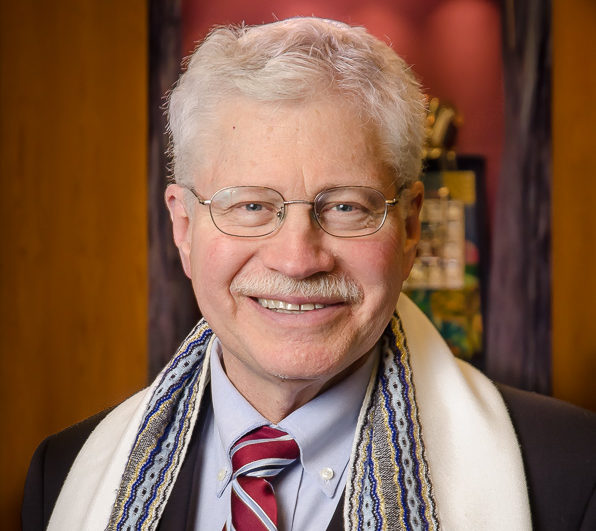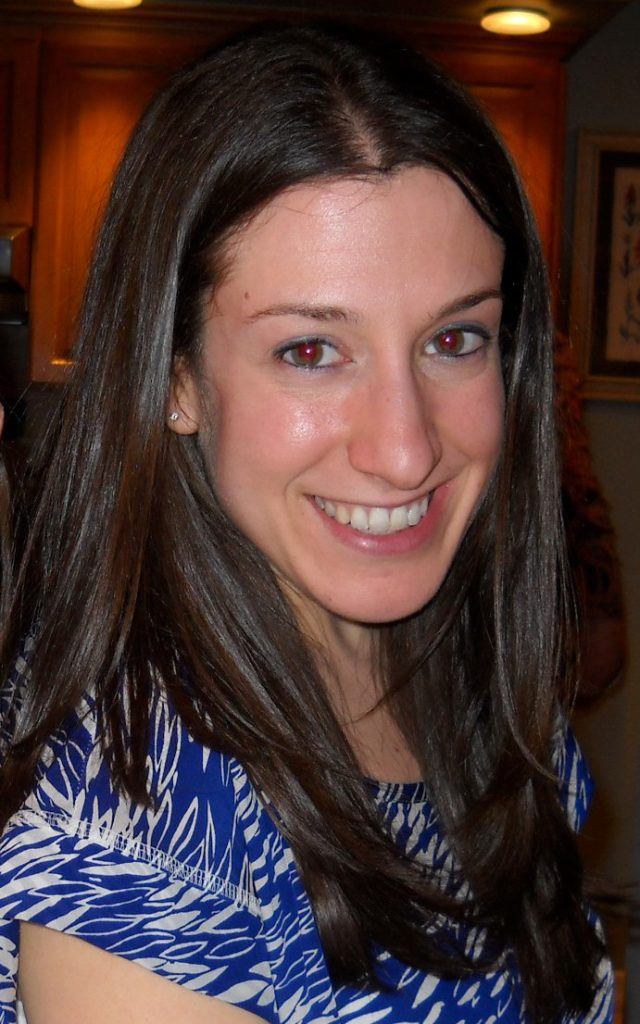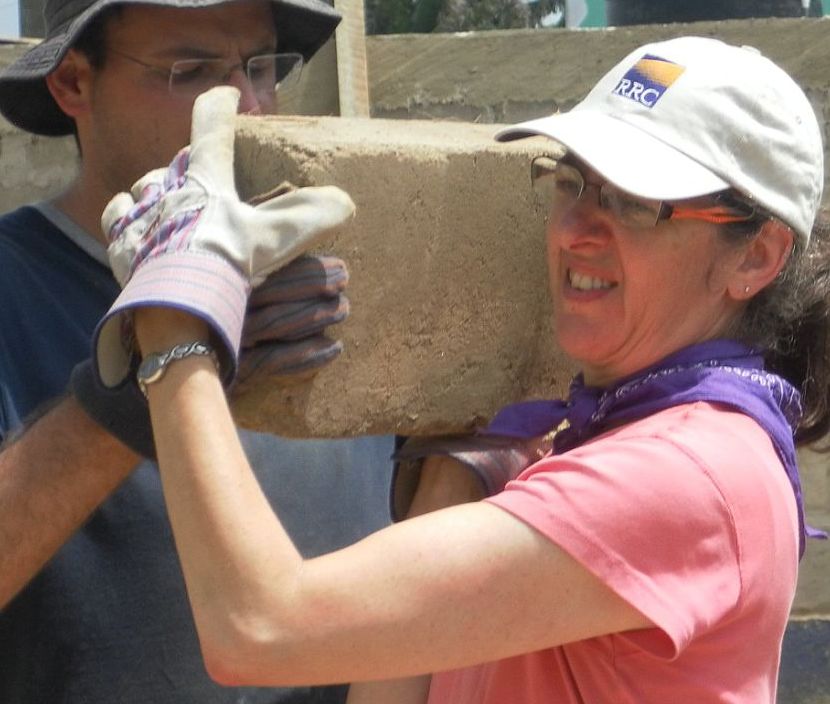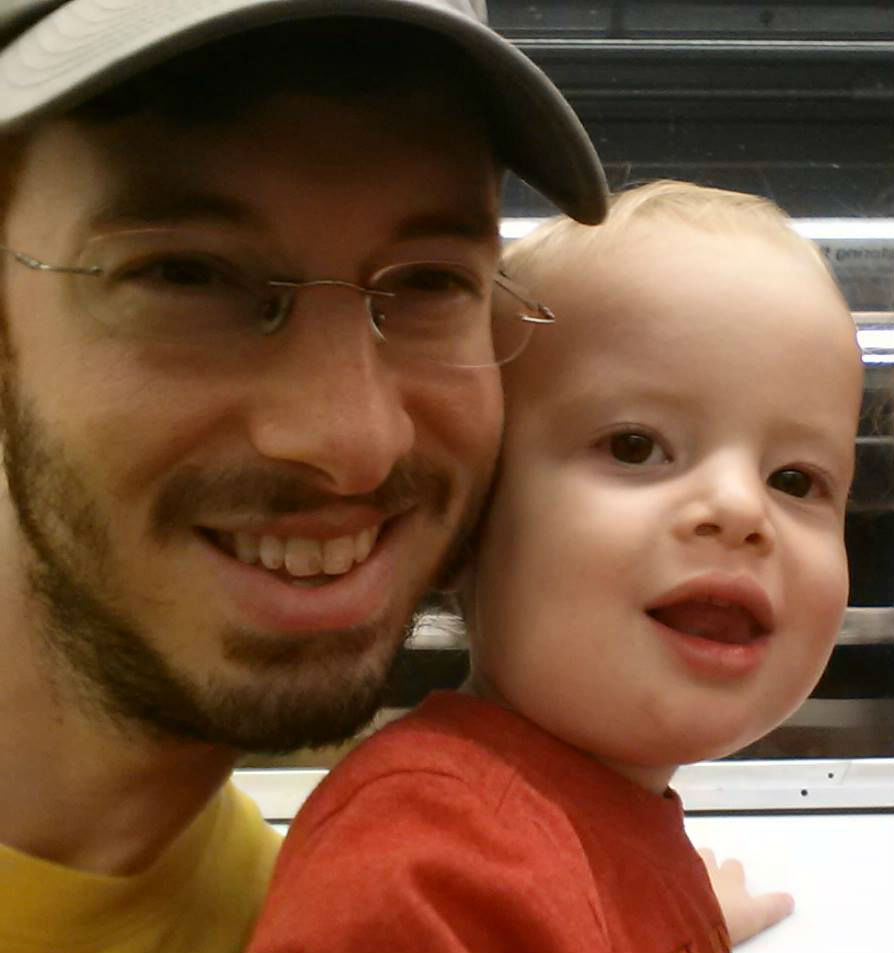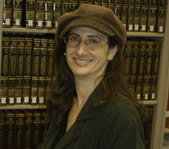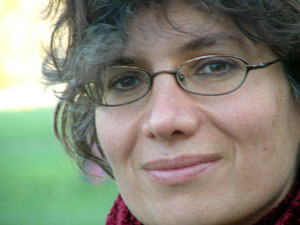
Inescapable Face
“There is a commandment in the appearance of the face, as if a master spoke to me. However, at the same time, the face of the Other is destitute; it is the poor for whom I can do all, and to whom I owe all. “ —Emmanuel Levinas Rabbi Joshua, the son of Levi, said: at...
read more

